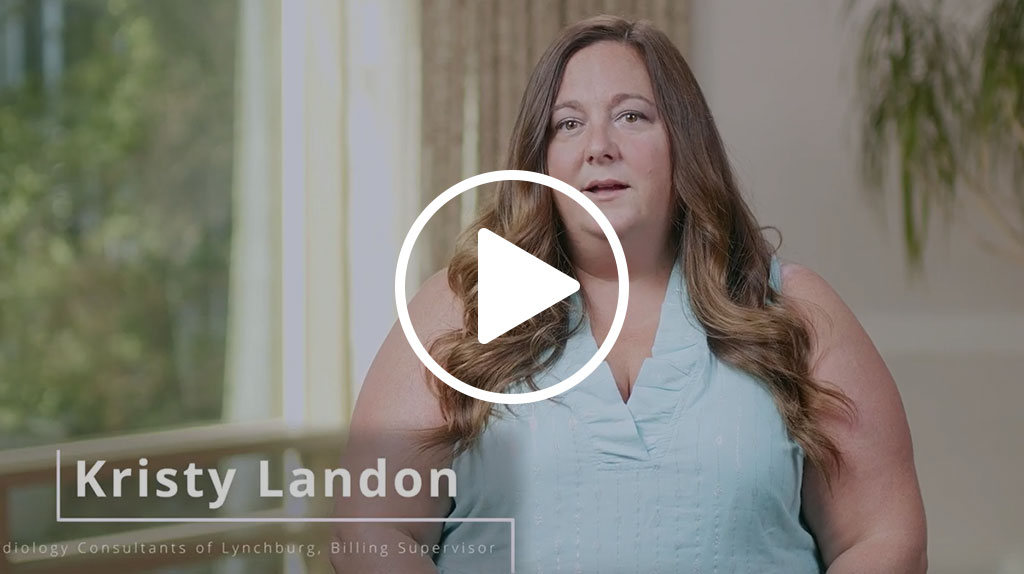The healthcare industry has been facing many challenges in recent years, one of the biggest being staffing shortages and loss of tribal knowledge. As medical practices are increasingly stretched thin, they are often unable to keep up with the demands of manual medical billing processes. Fortunately, automation can help alleviate these concerns by streamlining and simplifying billing procedures while maintaining accuracy and efficiency. In this article, we will discuss how automated medical billing systems can help healthcare providers overcome staffing challenges and free up valuable time for current employees to better maintain tribal knowledge. This blog also outlines the steps for implementing an automated revenue cycle management (RCM) system in a medical practice/billing office setting, providing resources for further information about automated solutions.
Client Testimonial – Staffing Shortages & Automation
Help Wanted! Staffing Shortages and How AI is Changing the Future of Your Team
Staffing Shortages Across Healthcare
Current staffing challenges in various operating facets are having serious effects on the entire healthcare industry. Particularly in the area of medical billing, a lack of experienced staff, retiring industry experts, and turnover creates inefficiencies, delays, errors, and missed opportunities to collect reimbursements. Unfortunately, as examined by HealthcareDive, this trend is expected to continue throughout 2023, as burnout, better work/life balance, and demands around increased pay and benefits are all leading to severe labor shortages and even a complete exit of professionals from the healthcare field altogether. To combat these staffing shortages, many organizations are turning to automation technology and artificial intelligence, such as automated medical billing and RCM systems. These technologies provide businesses with a more efficient approach to capturing vital data and accurately managing complex information – all working together to bridge the gap caused by current staffing challenges.
Rapid Loss of Tribal Knowledge
A direct result of this mass exodus from healthcare is a rapid loss of tribal knowledge across the industry. Tribal knowledge refers to the total knowledge, most often unwritten and unspoken, that a team of employees holds at an organization. It encompasses informal processes, methods, or learned information that is passed down throughout generations of staff, yet often remains undocumented. Trial knowledge is part of institutional knowledge, which individual employees hold for themselves and as such, is difficult for new hires, especially those coming from completely different fields, to fully understand in relation to their new role, workplace, and industry. With so much turnover in healthcare today, often from seasoned industry professionals, remaining staff are tasked with the impossible job of trying to fill the tribal knowledge gap when they may not have even fully learned enough themselves.
The Role of Automation in Medical Billing
Introducing automation into your RCM process can help address staffing shortages and the loss of vital tribal knowledge that comes with staff turnover. Automated medical billing solutions are designed to streamline billing processes, making tedious, traditionally manual tasks including claims submission, posting payments, and denial resolution easier. Automation technology also reduces time spent completing these mundane tasks by taking those responsibility away from staff and distributing it within the software. Furthermore, automated systems prevent the dangerous task of manually entering data several times across multiple systems, helping drastically reducing reimbursements denials due to incorrect submission of patient information. Automating medical billing provides physicians with easy-to-use, easy-to-train upon billing software, essential for recruiting and retaining team members – thus, allowing them to focus on providing excellent care for their patients.
Benefits of Automation for Healthcare Providers
Automated medical billing technology provides a wide range of benefits to healthcare providers. By increasing productivity through automation, medical billing and RCM software have the potential to simplify operations and drive revenue for medical practices. Equipped with automated medical billing software, processes like scheduling appointments, verifying patient insurance coverage, providing patient eligibility, and processing payments can be automated - all of which increase staff workload efficiency. Automated medical billing technology allows providers to reduce staffing challenges by offering easy-to-use systems for new employees that require reduced training time and allow for easy access and retrieval of information. Additionally, automated medical billing software limits errors caused by manual data entry. These benefits together make automated medical billing a valuable resource for any healthcare provider who wishes to increase productivity while sustaining healthy margins.
Implementing Automated Revenue Cycle (ARC) Solutions
Automation-driven medical billing technology is a reliable and cost-efficient way to bypass staffing shortages and the subsequent loss of tribal knowledge. Automated Revenue Cycle (ARC) solutions, using AI algorithms and machine learning, provide unparalleled accuracy, efficiency, and data security in comparison to manual approaches in medical billing operations. Automation allows healthcare teams to focus on key priorities while saving administrative man hours. When introducing automation technology into your revenue cycle, especially to address staffing challenges, it is crucial to understand the logistics. Steps to implementing automated medical billing solutions can differ depending on the specific business organization; however, there are a few general guiding steps that remain consistent for all organizations. First, there must be adequate preparation for the shift from manual billing to automated systems. This includes training team members on the new system, integrating new technology and operations into the workflow, and understanding basic coding and other technical aspects that may come into play. Once this is done effectively, the proper conduct of audits and testing will ensure that everything runs smoothly with the automated billing system. Finally, monitoring of data over time will provide invaluable insight for optimization of processes and future expansions of functionality. Automated medical billing systems can prove to be a great asset to your organization - these simple steps towards implementation are just one more way towards ensuring staffing shortages don’t become a longstanding issue at your practice.
ImagineSoftware’s RCM experts are here to help implement automation technology into your medical practice/billing organization. Feel free to reach out to us for a one-on-one conversation, where we’re happy to provide comprehensive information about our services and how we can benefit your unique organization.
